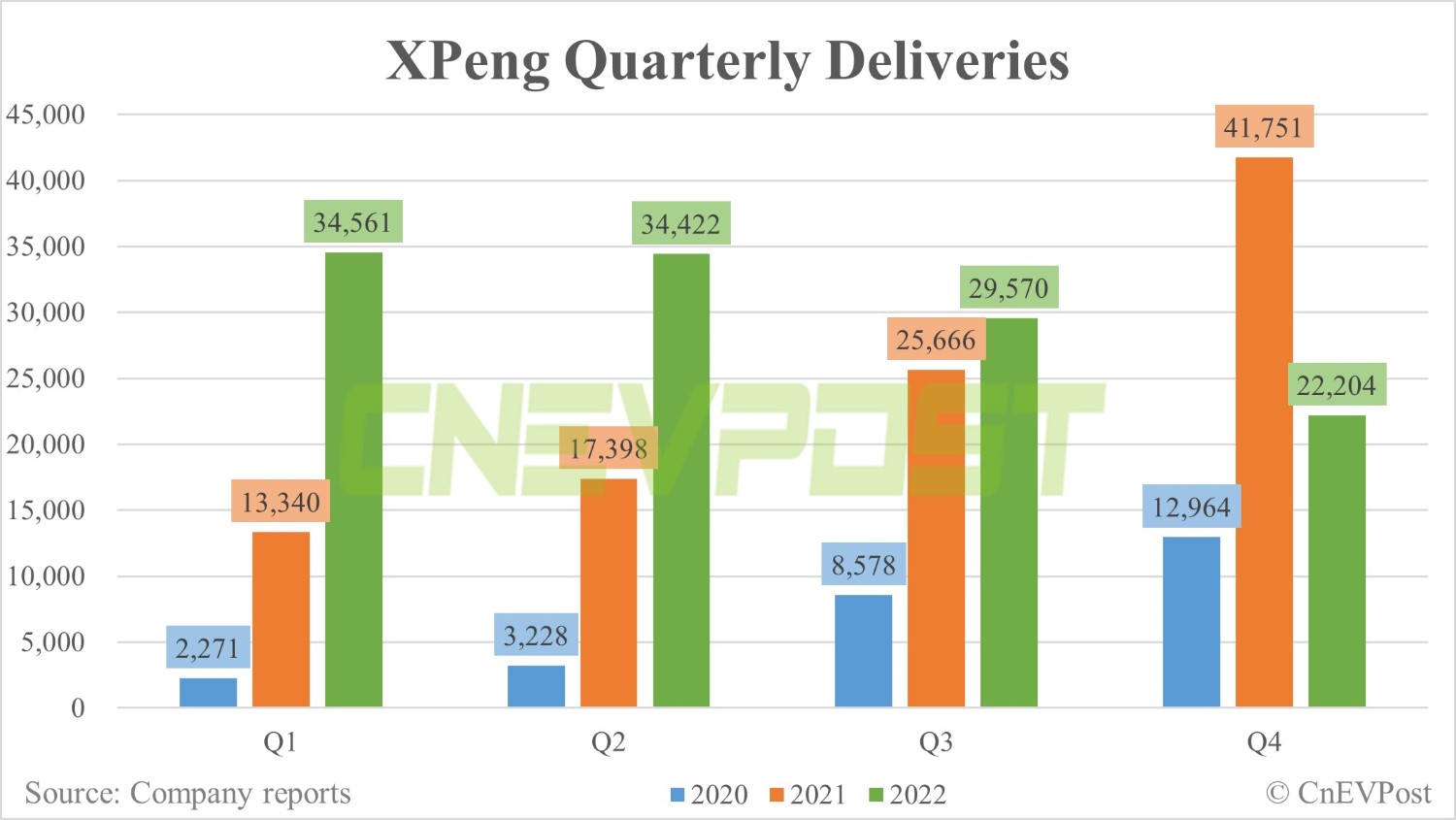The price of lithium, a raw material for batteries, has accelerated its decline, with industrial-grade lithium carbonate falling RMB 7,500 per ton to RMB 302,500 per ton today.

New price agreements between Chinese power battery giant CATL and some local automakers are expected to be reached this month, at a time when battery raw material prices continue to fall.
CATL's lithium rebate policy is progressing steadily, and it is now at the practical stage of signing agreements with some car companies, local media Cailian said today, citing sources close to the battery maker.
These agreements are expected to be reached by the end of this month at the earliest, the source said.
CATL's plan was first reported on February 17 by local media outlet 36kr, which said it is not aimed at all customers, but rather at several strategic customers, including NIO (NYSE: NIO), Li Auto (NASDAQ: LI), Huawei and Zeekr.
The core terms of the partnership include that CATL will settle a portion of the price of power battery supply with car companies at a rate of RMB 200,000 ($28,970) per ton of lithium carbonate for the next three years.
At the same time, car companies signing the partnership will be required to commit about 80 percent of their battery purchases to CATL, according to the report.
CATL management first acknowledged the move during the company's earnings call on March 9.
CATL's lithium sharing plan is not for the purpose of lowering prices, but rather the company already has some mineral resources and does not want to reap windfall profits, its management said.
CATL wants to be able to share with long-term strategic customers and is moving forward with communications to that end, the company said.
Prior to that, Li Auto and NIO both said that they had ongoing discussions with CATL when asked about the topic in their respective earnings calls.
CATL's move comes as lithium carbonate has been falling for months.
Today's quotes for industrial-grade lithium carbonate and battery-grade lithium carbonate in China were both down RMB 7,500 per ton, with the latest average prices at RMB302,500 per ton and RMB 340,000 per ton, respectively, according to My Steel.
($1 = RMB 6.9040)
The post CATL to reach new price agreement with automakers as soon as end of Mar, report says appeared first on CnEVPost.
For more articles, please visit CnEVPost.






